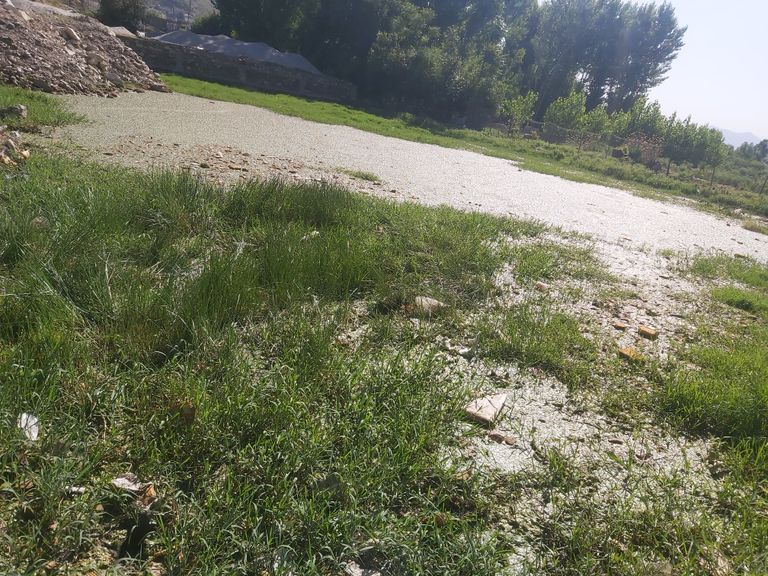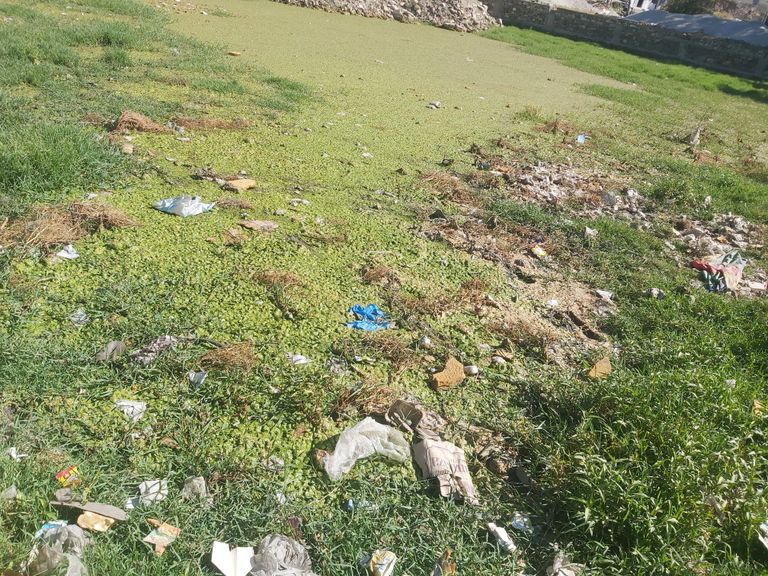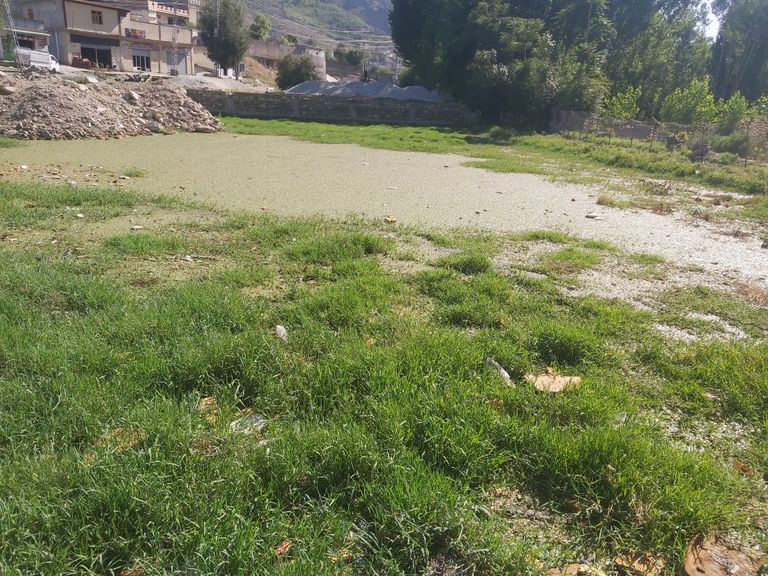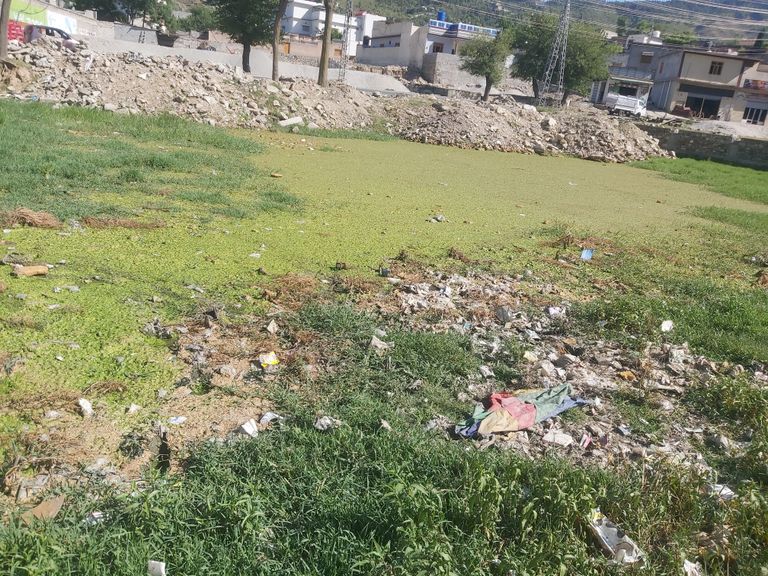Classification of Eutrophication
Environmentalists classify Eutrophication based on its root causes.
1. Anthropogenic Eutrophication
Eutrophication caused by human activities is called anthropogenic eutrophication. Agriculture fields, nurseries farms, and lawns are supplied with nutrients. These nutrients(fertilizers) are run by water and finally, find their routes to the water body. When such nutrients reach the water body they improve the growth of algae and Plankton and cause eutrophication.
As the human population increases the demand for agriculture and industries increases which directly causes eutrophication in the form of agricultural runoff and industrial sewage and indirectly increases in the form of soil erosion when a forest cover area is transformed into agricultural land. For agriculture expansion deforestation leads to soil erosion and the nutrients in the soil are transferred to water bodies like rivers and lakes.
Domestic sewage and industrial sewage are the other key factors that are the cause of eutrophication.
2. Natural Eutrophication
The excessive enrichment of water bodies with nutrients like phosphate and nitrate in water through natural processes is natural eutrophication. For example when nutrient from the soil is washed away to the water body. These nutrients increase the growth of algae and plankton.
The natural process is much slower than the anthropogenic. Its impact is also much weaker than anthropogenic. It mostly depends on environmental temperature.
Effects of Eutrophication
The major effects of eutrophication on aquatic bodies include changing or reducing biodiversity, making the water body toxic, and variation in a number of species. Apart from these effects, some important effects are listed below.
- In eutrophication, plankton grow much faster. These plankton are toxic and inedible.
- In eutropic water bodies the biomass of the epiphytic and benthic algae is much high.
- Variations occur in the species composition of aquatic plants and the biomass.
- It reduces the transparency of water.
- It changes the color of water and produces a bad smell like a rotten egg.
- It makes the water treatment laborious and expensive.
- It depletes the dissolved oxygen in water.
- Due to the depletion of dissolved oxygen death of fish and other aquatic species occurs.
- It reduces the biodiversity as well as the productivity of the water body.
- It lowers the aesthetic value of water bodies and makes them useless for every kind of activity like boating, fishing, and recreation.



